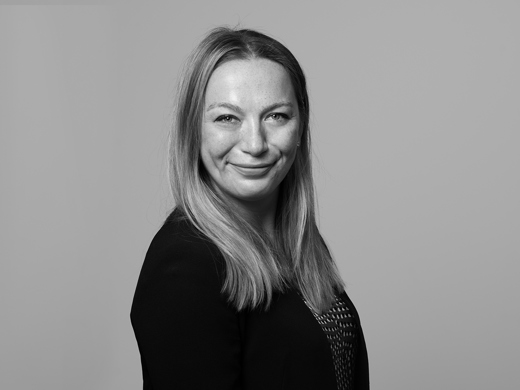5 minutes with… Christiane Deniger




Christiane Deniger is a Vice President with responsibility for assessing and underwriting legal risk as part of Burford’s investment team.
I first encountered legal finance in a BIT arbitration in 2011. As a result, I began following the industry early in my career. In 2016 I came upon an opportunity to join a leading legal finance provider, and I’ve never looked back.
It’s exciting to be at the forefront of this developing market, which, during the last three years, has grown in both size and sophistication. The 2019 Legal Finance Report reveals that lawyers most frequently cite expertise/track record as a very important consideration in choosing a legal finance provider while least frequently citing cost of capital—this change feels marked when compared to the attitudes of legal finance users when I first entered the industry.
The key takeaway was that the younger generation of arbitration lawyers has their fingers on the pulse of legal finance. I found that, as compared to many older practitioners, the lawyers I encountered at the YAAP event knew a lot about the tool and its benefits—and more importantly, they had worked on cases that were funded. I expect that this generational understanding will foster continued growth of the category.
We are seeing an increase in law firms and clients directly coming to us to monetize their awards, or to work on the enforcement side. Our anecdotal experience is confirmed by research, as 65% of in-house lawyers report that their companies have unenforced judgments valued at $20 million or more.
Burford is the industry leader in these types of transactions given our experience and the strength of our asset recovery and enforcement team. This type of legal finance will continue to grow, and we will see an increase in the secondary market for large awards.
The addition of the International Arbitration Centre may increase the amount of arbitrations we see in London. This is a good thing. We are happy to see increased arbitration in jurisdictions like Singapore and Hong Kong; however, London has always been an arbitration hub given the presence of the LCIA. London is a huge center of gravity for legal expertise including many highly qualified foreign lawyers, so it’s position as a leading seat is secure.